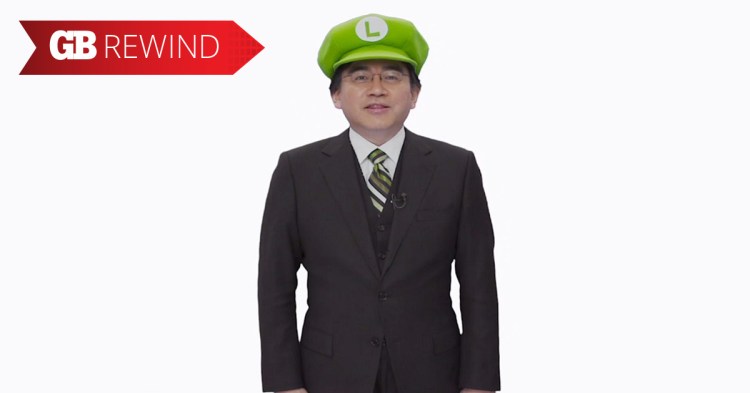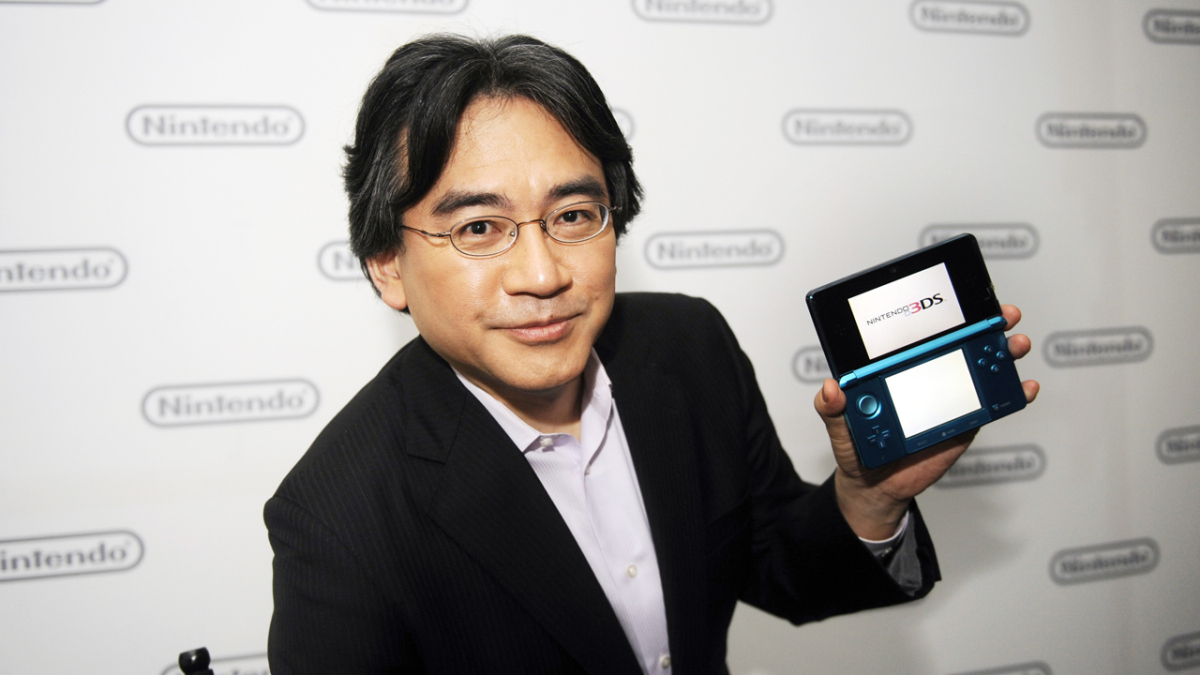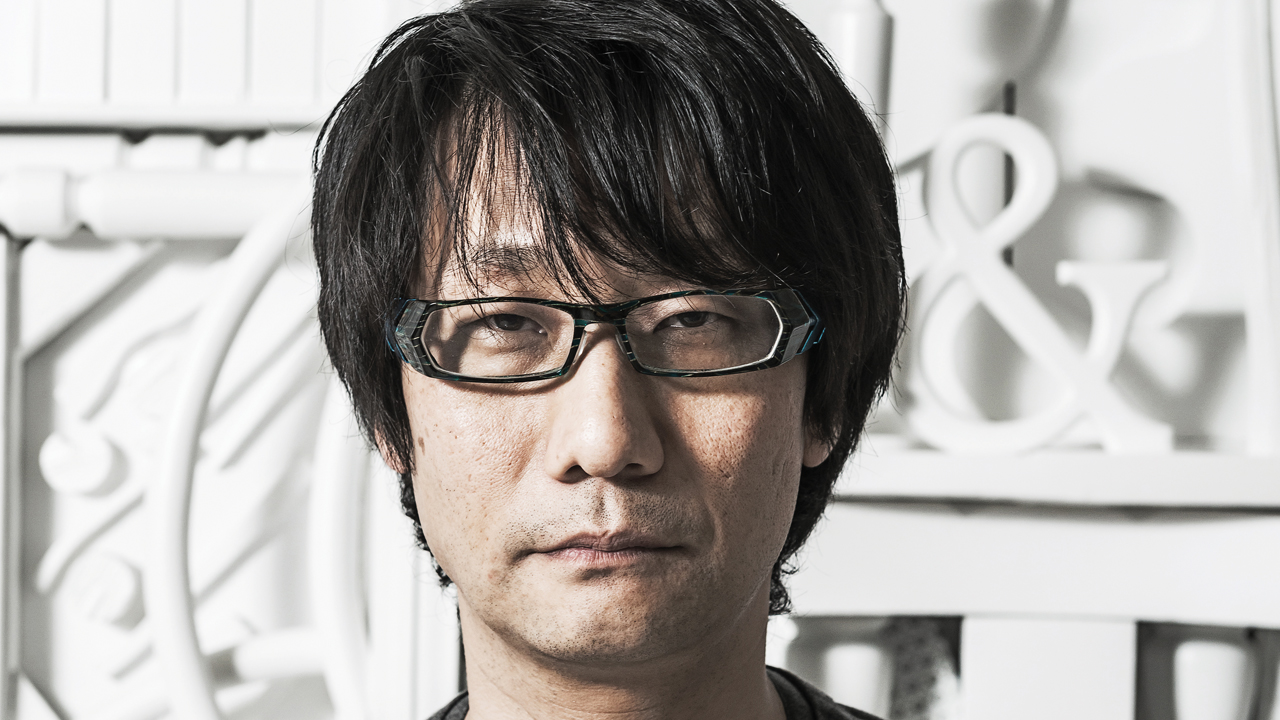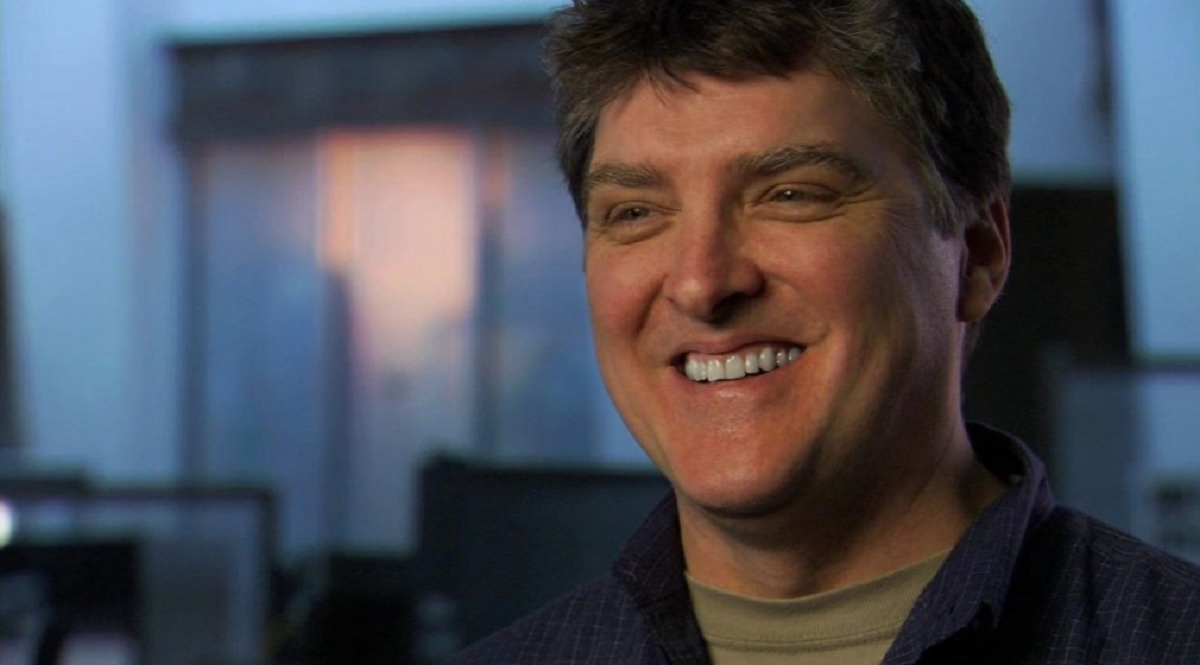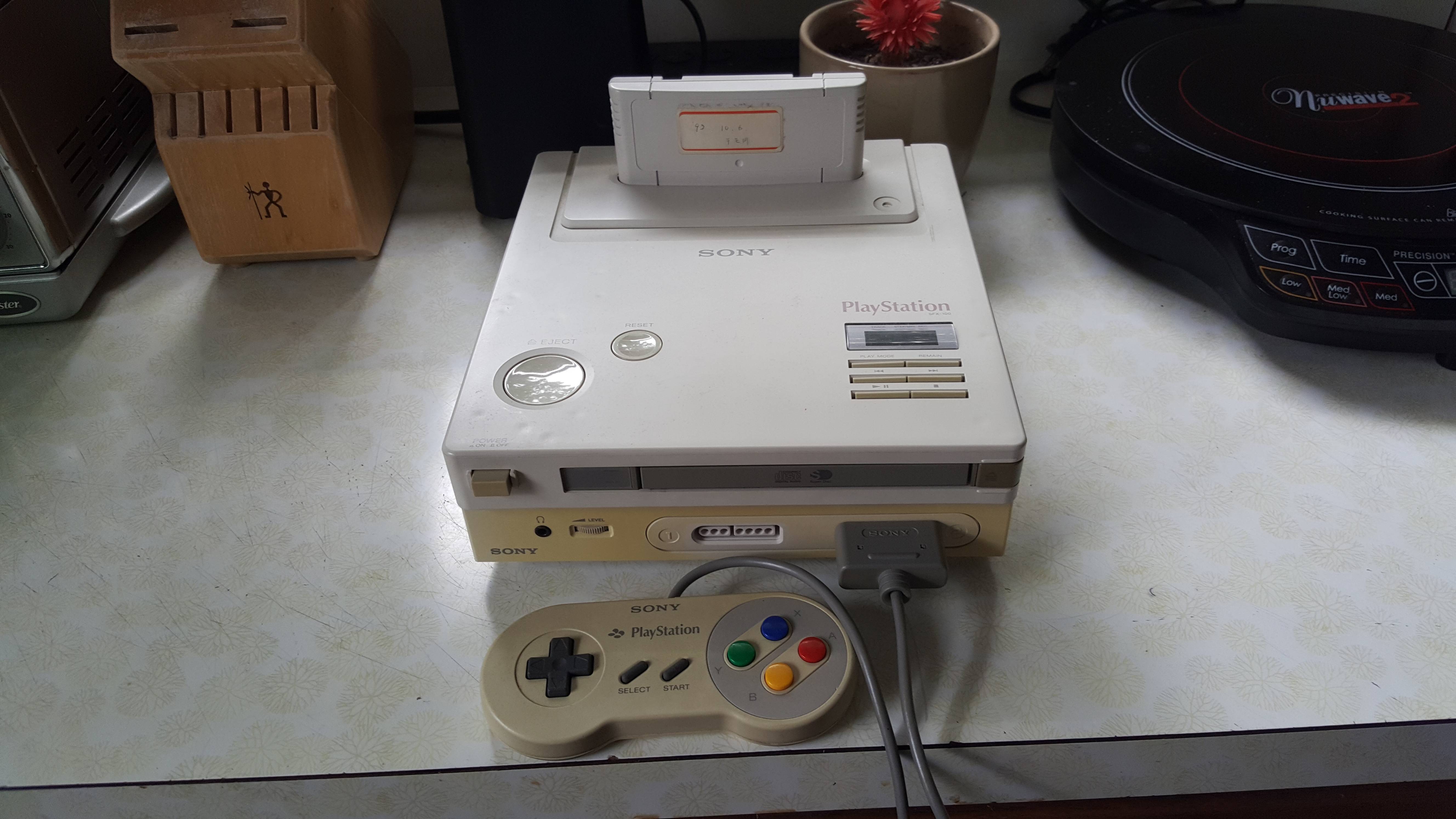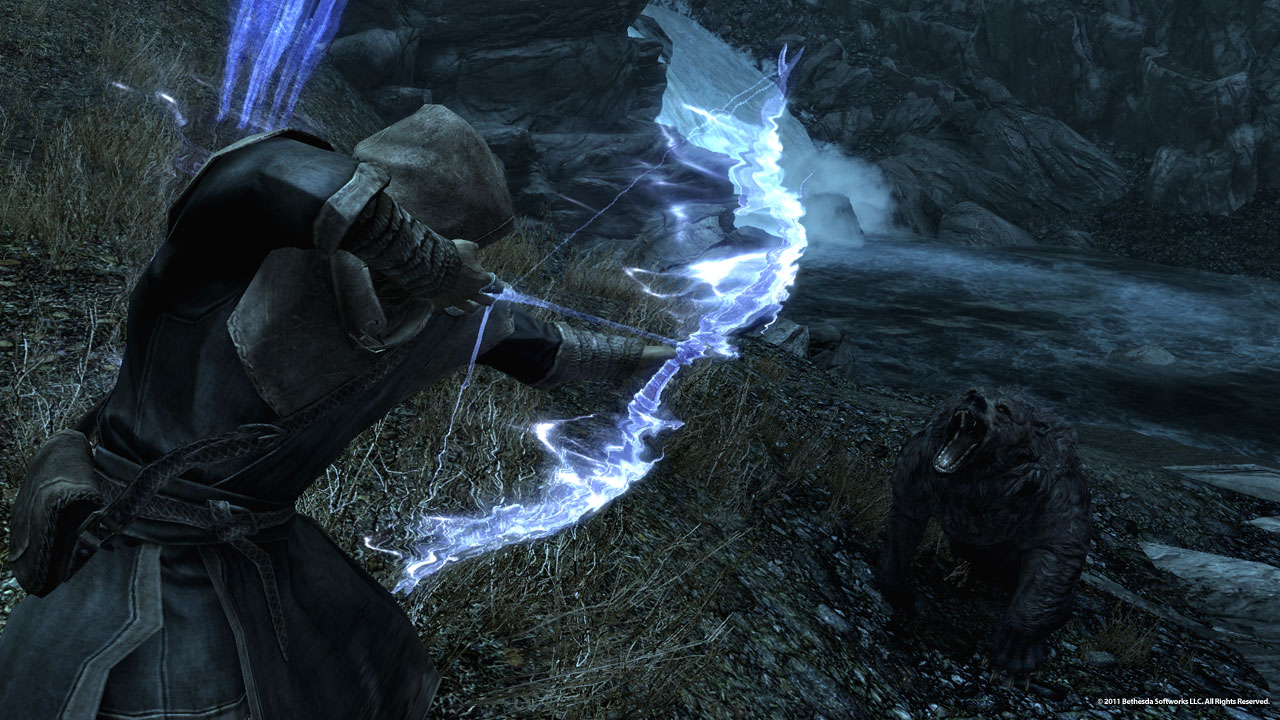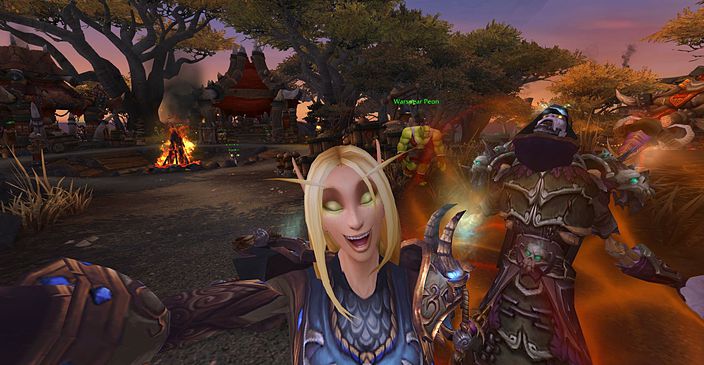Some major shakeups happened in the video game industry this year.
It was a year that saw legendary game designers publicly falling out with their studios, major publishers spending billions of dollars on mobile gaming, and the industry saying goodbye to one of its own. Here are some of the headlines that made the biggest waves in the video game world in 2015.
The death of a Nintendo icon
This year, Nintendo fans around the world said goodbye to the company’s beloved president, Satoru Iwata. Iwata died in July at the age of 55 due to complications from a bile duct growth. During his 13-year tenure as president, Iwata oversaw the launch of the DS, Nintendo’s most successful handheld. He also helped launch the Wii, which has sold over 100 million units to date.
Following Iwata’s death, executive directors Shigeru Miyamoto and Genyo Takeda took over running the company until a new president was found. In September, Nintendo announced his replacement was 65-year-old Tatsumi Kimishima, a former banker and former head of Nintendo of America.
Hideo Kojima and Konami’s bad breakup
For many, the idea of Metal Gear Solid developer Hideo Kojima leaving video game publisher Konami was unthinkable. Yet, that’s exactly what happened earlier this year. Rumors of Kojima’s departure from the company began in March when references to his studio, Kojima Productions, were removed from Konami’s websites and from Metal Gear Solid V: The Phantom Pain’s box art. Then Konami decided to pull P.T. from the PlayStation Store. P.T. — which stands for “Playable Teaser” — was a demo to promote the new Silent Hills project Kojima was working on with filmmaker Guillermo del Toro and actor Norman Reedus.
Once The Phantom Pain hit store shelves, Hideo Kojima retreated from the public eye. Earlier this month, The Game Awards host Geoff Keighley revealed that Kojima was barred from attending the show by Konami’s lawyers. Then, on December 15, word came that Kojima had officially left Konami and was teaming up with Sony to create a PlayStation exclusive.
The PlayStation 4 is winning the console war — for now
Sony is maintaining a strong lead over Microsoft in the so-called console war. Despite a lack of first-party exclusives, Sony sold over 30 million PlayStation 4s this year. The PS4 has consistently topped NPD charts, outselling the Xbox One and Wii U during most of the summer months. The launch of Call of Duty: Black Ops III, however, gave both the PS4 and Xbox One a boost. According to NPD analyst Liam Callahan, November 2015 was the best month for Xbox One, PS4, and Wii U software ever, exceeding the second-best month, December 2014, by 34 percent.
But just because Sony had a great year doesn’t mean Microsoft hasn’t. The company claimed it saw record sales of the Xbox One console and Xbox Store digital games during the week of Black Friday. The Xbox Store allegedly increased sales by 57 percent across the Xbox One and Xbox 360. Xbox Live Gold subscriptions were also up over 40 percent, and Xbox One console sales at retail were up 22 percent over the same period last year. Microsoft said it was the second biggest Black Friday week in 15 years.
Activision buys Candy Crush maker King
It’s good to be the King.
Video game publisher Activision, home of Call of Duty and World of Warcraft, bought King Digital for $5.9 billion in November. King Digital is the publisher of saccharine mobile puzzler Candy Crush Saga as well as the Farm Heroes Saga series. According to Activision CEO Bobby Kotick, the combined revenues and profits from the merger has solidified the company’s position as the largest, most profitable standalone company in interactive entertainment.
The move also represents a big push into mobile gaming for Activision. With the exception of its successful collectible card game Hearthstone: Heroes of Warcraft, the publisher has been slow to embrace that particular market. Now that it owns King, however, it has a roster of established games and a team of mobile veterans ready to create some new ones.
Composer Marty O’Donnell battles Bungie and wins
While disputes between creatives and the people who employ them are nothing new, the 18-month long legal battle between composer Marty O’Donnell and Bungie, the studio responsible for Halo and Destiny, was a notable one, offering a rare glimpse into the inner workings of one of the industry’s biggest developers.
The feud began when publisher Activision decided to replace O’Donnell’s music in a Destiny trailer. An angry O’Donnell believed the publisher was interfering in the creative process. Things went downhill from there. In April 2014, Bungie decided to fire O’Donnell and strip him of his founder’s stock. The composer sued his former employer, and in September 2015, a court-appointed arbitrator ruled that Bungie did in fact break its agreement with O’Donnell when it fired him. His stock holdings were restored and he was awarded $142,500 for work he did in 2014 before his termination. O’Donnell was also awarded $95,000 in unpaid wages in a separate case.
Nintendo goes mobile
For years, gamers, analysts, and critics all wondered when Nintendo would enter the mobile gaming field. Bringing iconic names like Mario and Zelda into the mobile space could reinvigorate the company. It seemed like a no-brainer. Apparently, Nintendo now agrees. It announced in March that it’s teaming up with mobile game publisher DeNA to create new games for phones and other smart devices using its popular intellectual properties. Nintendo will reportedly handle all of the creative work while DeNA will provide the technology needed to run the games as live services on mobile devices.
The first game, Miitomo, a free-to-play life simulator similar to Tomodachi LIfe, will launch by March 2016. Nintendo and DeNA are also working on four other unannounced games across various genres. If Miitomo catches on, it could provide a big boost for Nintendo and disrupt the mobile gaming market. The Japanese gaming giant has struggled in recent years, thanks to sluggish sales of its Wii U console.
Rare Nintendo PlayStation found
Now that the phrase “console war” is part of every gamer’s personal lexicon, it’s hard to imagine two big video game publishers teaming up. Yet, that’s exactly what Sony and Nintendo did in 1988. The two companies briefly partnered up to work on the SNES-CD, a console that would add CD support to the cartridge-cased Super Nintendo Entertainment System. Called the PlayStation, the prototype was scrapped after licensing disagreements dissolved Sony and Nintendo’s partnership.
Over twenty years later, Dan Diebold uploaded photos of the unreleased console to Imgur. According to Engadget, it was one of the items Diebold’s father won in an auction after his company, Advanta Corporation, filed for bankruptcy in 2009. One of Advanta’s board members, Olaf Olafsson, was once CEO at Sony Interactive Entertainment. Although Diebold’s father didn’t know what he had at the time, he held onto it, preserving a piece of gaming history.
Steam introduces paid mods
Operating under the belief that creatives should be compensated for their work, Valve — owner of the digital distribution service Steam — announced in April that it would let mod creators charge for add-ons, expansions, and items they put up on the Steam Workshop for games like The Elder Scrolls V: Skyrim. Modders would get a cut of the money made; the rest would go to Steam and the game’s publisher. This way, people could support well-made mods and help them grow. Some of the biggest PC games — Counter Strike, DOTA 2, Team Fortress, and Day Z — all began life as mods for existing games.
Naturally, this idea didn’t go over well.
Irate gamers stormed social media to complain about the change, calling modders “greedy” for charging for a service that is traditionally free. Valve decided to remove paid mods mere days after introducing them and has been quiet on the issue since then.
You can now get your money back for broken games on Steam
Normally in the digital world, if you buy something, it’s yours forever. No backsies. But Valve changed that this year when it began offering refunds for games purchased on its digital distribution service Steam. Back in June, Valve announced it would give refunds for any reason — but only within the first 14 days after making the purchase and only if you played for less than two hours.
The decision constituted a major change in Valve’s policy and brought Steam up to code in many European countries that required refunds by law. It’s seen as a positive, consumer-friendly move, but it wasn’t without its detractors; many believed the refund policy could hurt game developers, especially indie devs who create bite-sized experiences like Gone Home or The Stanley Parable.
China ends its 14-year ban on video game consoles
For the first time in nearly 15 years, gamers across all of China can buy a Xbox, PlayStation, or Wii. China’s Ministry of Culture announced in July that companies like Microsoft, Sony, and Nintendo can now manufacture and sell consoles anywhere in the country. Previously, sales were limited to Shanghai’s economic development zone. China first banned consoles in 2000 because it feared the devices would have a negative effect on the mental and physical development of children.
China is one of the gaming industry’s biggest markets, and allowing the sale of consoles there could give the industry a significant boost. But, it’s also possible that Sony, Microsoft, and Nintendo will struggle to gain a foothold in that market; left without consoles, Chinese gamers have turned to PC and mobile platforms for their entertainment over the last 15 years, generating billions of dollars in revenue.
A win for video game preservationists
This October, the Library of Congress issued new rules for exemptions to copyright DRM circumvention laws, and one of those exemptions affects how people preserve classic video games.
The Electronic Frontier Foundation said it fought for the exemption, which allows players to modify their copy of a game to eliminate the need for an authentication server after the game’s original server is shut down. The exemption also grants museums, libraries, and archives the right to “jailbreak” or otherwise modify video game consoles to get older games working again. Normally, it’s illegal to alter a console under the 1998 Digital Millennium Copyright Act (DMCA). But, the Library of Congress limited the exemption to games that can’t be played at all after the server shutdown, excluding games where only the multiplayer features are lost.
Preserving gaming history is an important topic as technology improves and older media formats are phased out. The EFF said the Library of Congress’ ruling will help keep many classic games playable by future generations.
VentureBeat's mission is to be a digital town square for technical decision-makers to gain knowledge about transformative enterprise technology and transact. Learn More
